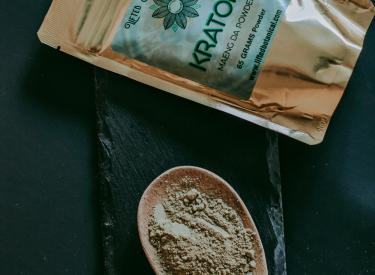
Modern Day Addiction Treatment
In 1999, I was a patient in a world-class treatment facility with what was then considered cutting-edge addiction treatment. Stevie Ray Vaughn, Chris Farley, even Elizabeth Taylor had been patients there in the past. For 28 days, my routine remained the same: go to chapel, go to morning group, go to afternoon group. Attend an AA or NA meeting. Rinse, repeat, day after day.
Fast forward 20 years, and guess what the treatment regimen is? Go to chapel. Go to morning group. Go to afternoon group. Attend an AA or NA meeting. Repeat for 28 days.
Science and medicine have developed over the past 20 years, with science-based best practices for treating addiction. Yet the problem remains that there is no one set of standards that applies to all treatment centers for addiction care. Cancer treatment has certain proven protocols used nationwide. Start treatment for cancer in New York and then move to California, and you can be sure that your treatment will remain within certain well-proven guidelines. It is currently not so with addiction treatment.
Because of these inconsistencies, as well as an abundance of misinformation about addiction treatment, patients and family members seeking care often struggle to find appropriate, high-quality care.
Try typing “treatment center” in a search engine. You will likely find endless results ranging from professional treatment center “chains” to places offering outdated, often ineffective approaches.
My home state of West Virginia has seen the some of the most damaging effects of the national opioid crisis. These conditions have destroyed our economy and taken a substantial toll on our communities. We need effective, reliable, affordable, addiction treatment, which is why it’s so important that West Virginia is one of six states collaborating to pilot the new ATLAS program.
ATLAS will be a web and app-based platform that will allow the public searching for high-quality addiction treatment to locate and compare facilities, including trustworthy, standardized quality data on the services available and feedback on the services reported by other patients. The program will be based on the Shatterproof Principles of Care, eight science-based practices which improve outcomes for individuals with a substance use disorder. Finally, a set of standards that can make addition treatment effective and the same for all and a tool that will eliminate the guesswork about sending yourself or a loved one to treatment.
West Virginia is playing a leading role in changing the face of modern-day addiction treatment.
Since the 1990s our state has been used as a supply point for fueling the opioid pipeline, but we now have an incredible opportunity to rebuild. There are many well-meaning providers throughout West Virginia and thousands of patients seeking care. It’s crucial that we ensure they are able to find one another, and I’m hopeful that tools such as this will be a significant step towards doing so.
Bill Bradley is a Shatterproof Ambassador based in West Virginia.




